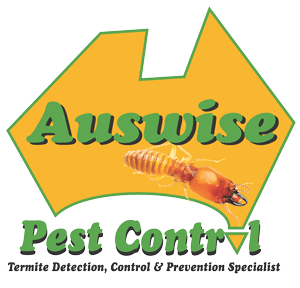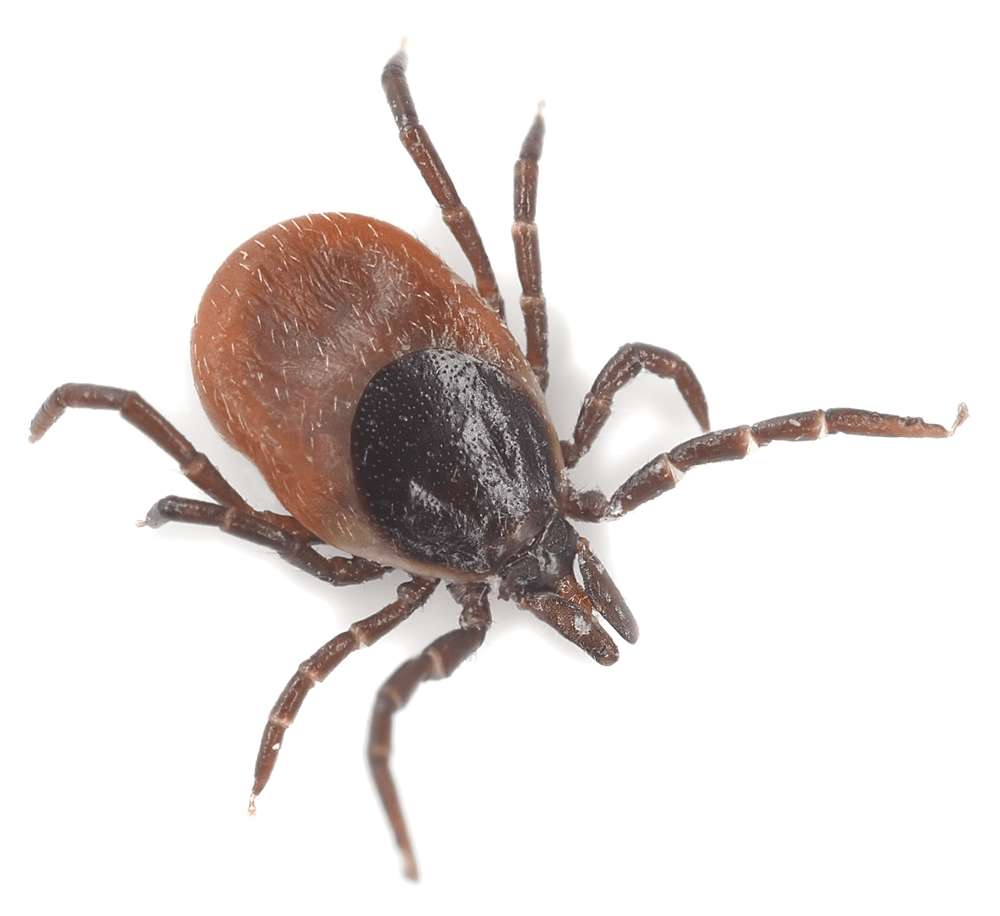There are at least 74 species of ticks in Australia. The most medically important is the paralysis tick, Ixodes Holocyclus, which is only found along Australia’s east coast and inland for about 30 kilometres.
Ticks feed on the blood of all mammals, which includes humans. Ticks develop through four life-cycle stages to grow to adults, and they must feed on a host’s blood following each stage. Ticks mature over the course of a year, and many immature ticks that bite humans can be confused for different tick species.
When ticks bite, they secrete fluids that deaden the skin and nerves of their victim in the bite area. This allows the tick to feed without being easily detected. These secretions can cause allergic reactions in humans and animals. Ticks also carry and transmit several diseases that afflict humans. Across Australia, ticks are known to transmit Tick Typhus and Flinders Island Spotted Fever. Additionally, ticks can cause paralysis and sometimes severe allergic reactions.
Paralysis from tick bites usually includes lesser symptoms that can include headache and fever along with general flu-like conditions. Bite areas often become inflamed and swollen. Some severe reactions can cause shock and respiratory distress. Medical treatment is called for in many cases of infected tick bites. Ticks live in grass, bushes, and foliage, where they sense the presence of their victims by detecting exhaled carbon dioxide and other body odors and hormonal scents. Ticks quickly adapt to mammal behaviors in their location and have been shown to be capable of identifying pathways and gathering places used by humans and all other mammals. Ticks have to rely on careful sensing of their victims because of their limited range. Ticks cannot jump, so they have to get close to the path their victim will take. They get positioned on bushes, leaves, or high grass so they can drop onto their host for their next meal. Once they are onboard a victim, ticks will crawl around looking for thin skin to bite through and start feeding.
When moving through outdoor areas, insect repellents containing DEET or picaridin can be affective in repelling ticks when properly applied and re-applied. Long-sleeved shirts, pants, and hats treated with permethrin are also helpful in keeping ticks away. Anytime you or family members (especially children) are outside in areas where ticks could be present, it is essential to thoroughly check the entire body, especially the head and neck area. Pets should be inspected daily during tick season, and the use of veterinarian products is also recommended.
An Auswise Pest Control tick service includes a thorough inspection and treatment, both internally and externally of your premises, and follow-up treatment after 21 days to break the breeding cycle.
Ticks suck your blood, let Auswise Pest Control suck the life out of your tick problem! Professional treatments for your property will safely control tick growth on your property in an environmentally friendly way. We will carefully and professionally inspect your property before working with you to develop a tick management plan for effective tick control. Call us today for more information on tick control for your home and property.

